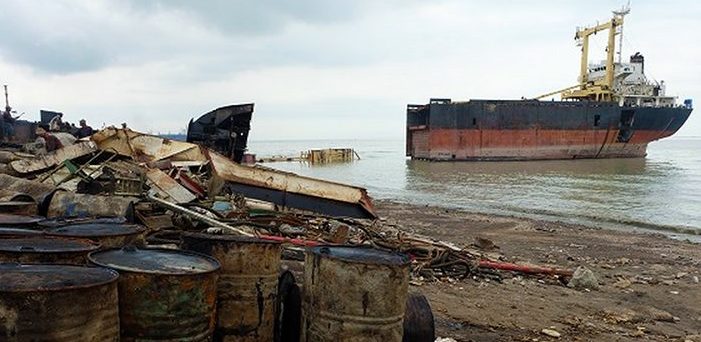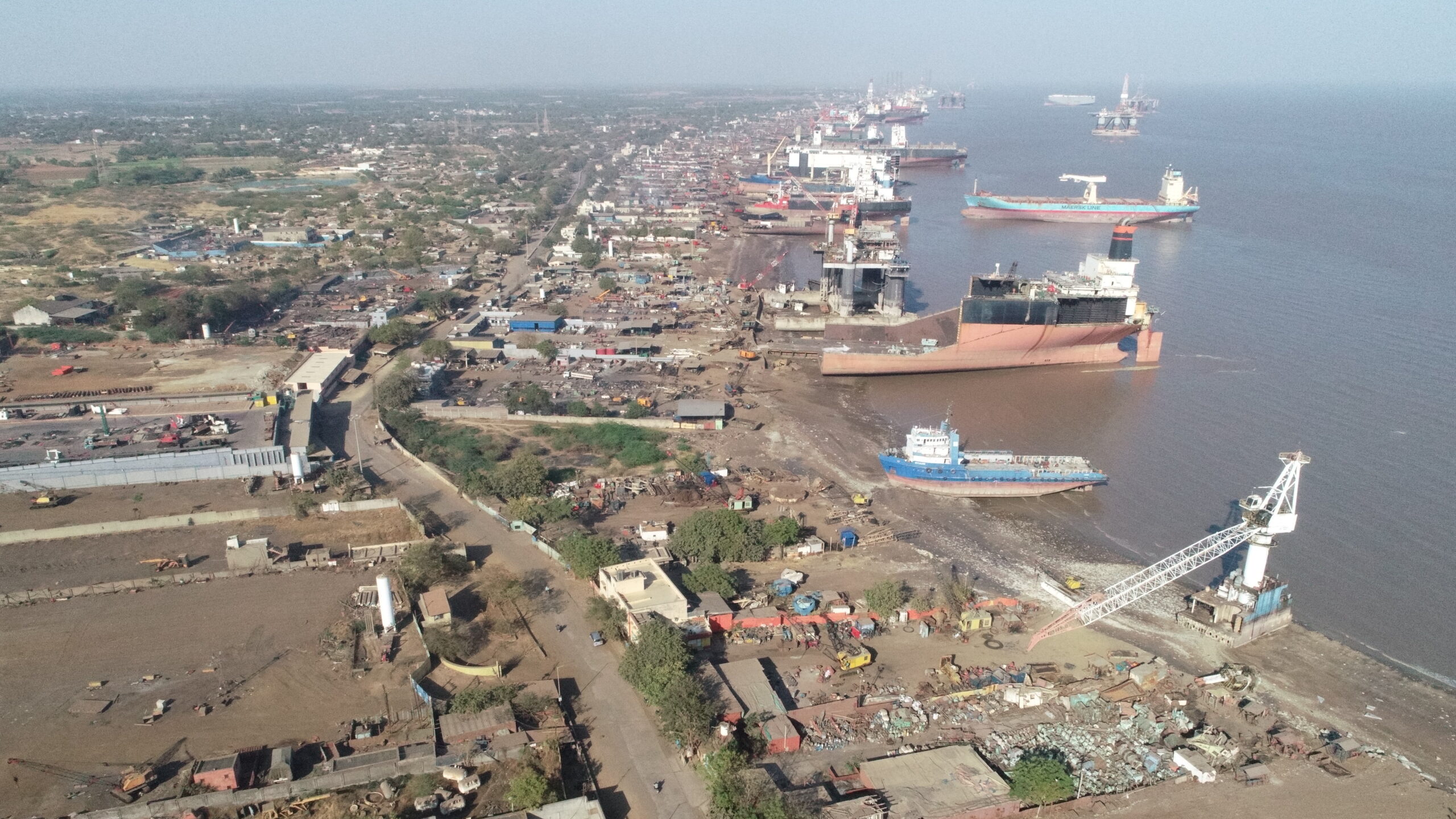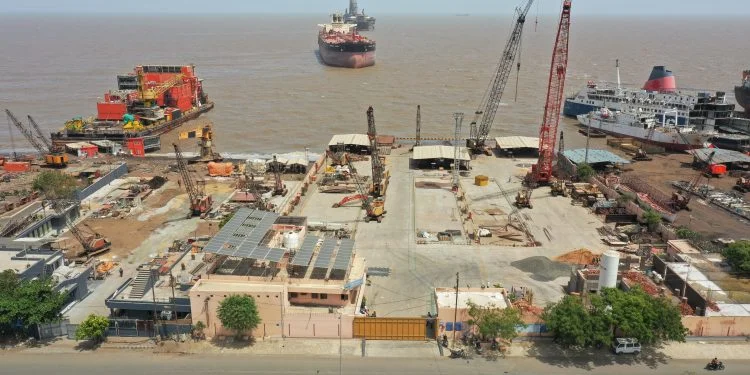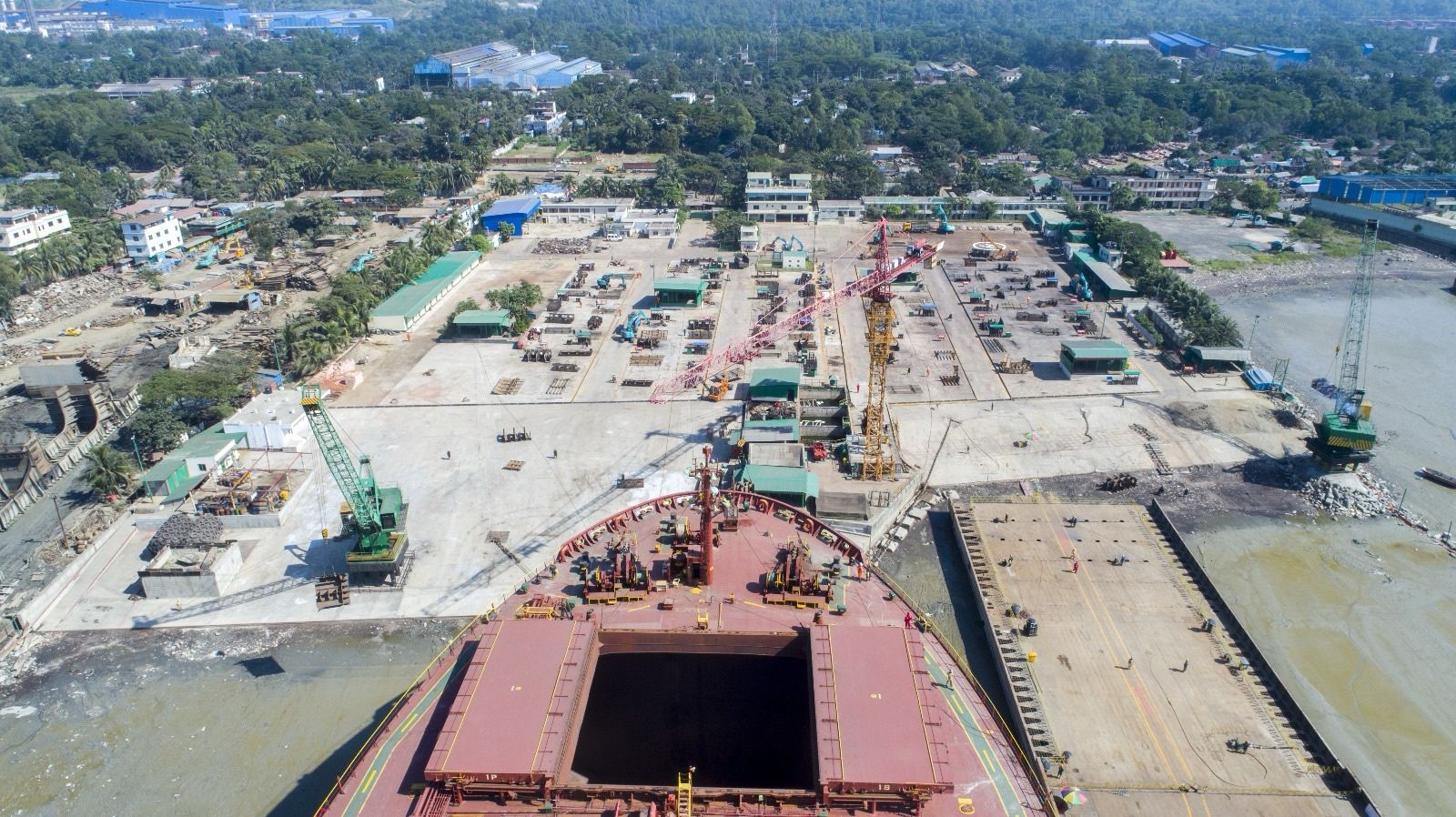Hapag-Lloyd Stays Clear of Suez Canal Amidst Rising Tensions

In recent developments, Hapag-Lloyd, one of the world’s leading shipping companies, has announced its decision to refrain from resuming operations through the Suez Canal. This decision comes in the wake of an international military effort to secure the region, as Houthi rebels, allied with Hamas in the Israel-Gaza conflict, have targeted vessels they believe are bound for Israel.
Several companies have already altered their shipping routes due to the escalating risks. While Danish shipping firm Maersk declared its intention to resume Red Sea operations, Germany’s Hapag-Lloyd maintains that the passage through the Suez Canal remains “too dangerous.” Instead, the company will continue rerouting its ships via the longer route around the Cape of Good Hope. Hapag-Lloyd holds the distinction of being the world’s fifth-largest shipping firm by capacity.
A spokesperson for Hapag-Lloyd emphasized that the company would review its decision on Friday, leaving the door open for potential adjustments based on the evolving situation.
The Red Sea, with Yemen to its south, has witnessed attacks on ships by Houthi rebels, utilizing drones and rockets. In response to these threats, a coalition called Prosperity Guardian, led by the United States, has seen participation from more than a dozen countries aiming to safeguard commercial shipping in the region.
Hapag-Lloyd’s announcement follows closely on the heels of an incident reported by the Mediterranean Shipping Company (MSC). The company revealed that one of its container ships came under attack while traversing the southern Red Sea on its route from Saudi Arabia to Pakistan. MSC promptly informed the coalition naval task force and, as directed, executed evasive maneuvers. Fortunately, all crew members were reported safe, with no injuries.
Given the strategic importance of the Suez Canal, located to the north of the Red Sea, this route stands out as one of the world’s most crucial pathways for transporting consumer goods, oil, and liquefied natural gas. However, the decision by Hapag-Lloyd, and previous rerouting actions by other companies, raises concerns about potential disruptions to the supply chain. The alternative route around the Cape of Good Hope adds approximately 3,500 nautical miles to the journey, prompting fears of increased transportation costs that may impact prices of goods.
The repercussions of these decisions are already visible on a global scale. Furniture giant Ikea has signaled potential delays in the supply of its products due to attacks on ships using the traditional Red Sea route. Additionally, energy giant BP has announced a temporary halt to all crude shipments through the Red Sea.
Maersk, in its statement issued on Sunday, acknowledged the implementation of security measures but expressed reservations about the overall risk in the area. The company asserted that it would not hesitate to reevaluate the situation and enact diversion plans if deemed necessary for the safety of its seafarers.
As the situation continues to unfold, the maritime industry is grappling with the delicate balance between ensuring the safety of its operations and mitigating potential disruptions to global trade. The evolving geopolitical landscape adds an additional layer of complexity, underscoring the need for constant vigilance and adaptive strategies in the face of emerging challenges.
Author: shipping inbox
shipping and maritime related web portal








